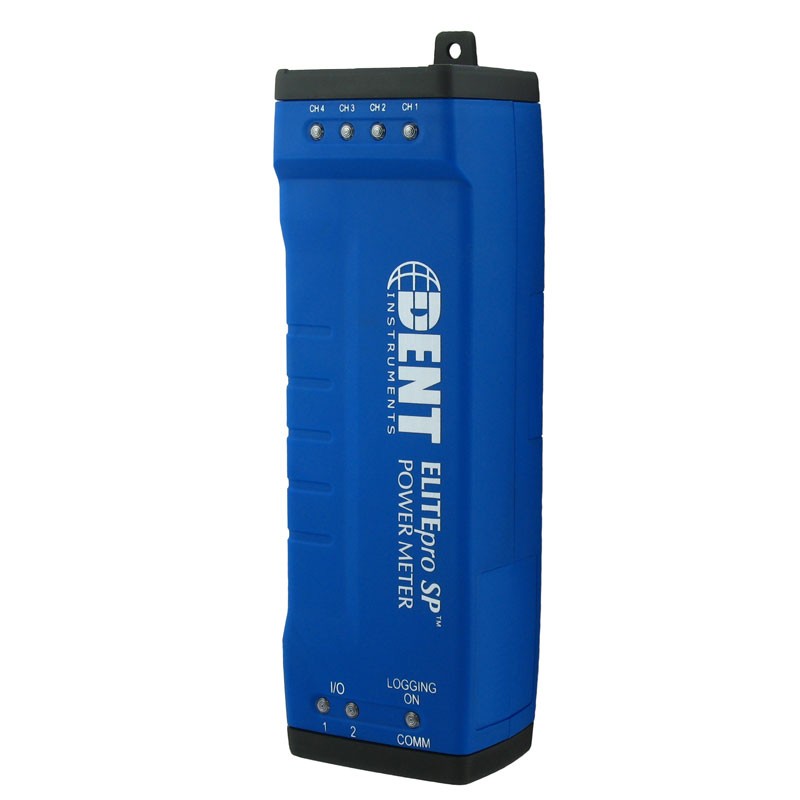DENT Helps University Claim 6.5 Million Rebate

When the local electric company said, “turn off your lights,” the University of Washington listened. Seattle City Light recently required the major university to reduce its overall energy consumption, and it offered big rewards for doing so.
THE PROBLEM
University of Washington staff had to implement an energy conservation program and be able to demonstrate their accomplishments in reducing their use of electricity. John Leaden, the maintenance coordinator for the UW, came out of retirement to support the university’s new program. “We implemented several projects to meet Seattle City Light’s requirements to reduce energy consumption,” said Leaden. Renovation projects included replacing T-12 fluorescent lamps and magnetic ballasts with T-8 lamps and energy efficient electronic ballasts. They also installed adjustable speed drives on pumps and motors in major ventilation systems, as well as making HVAC control upgrades. The university then had to verify that they had installed the projects they’d committed to, and more importantly, that they had saved the electricity they’d predicted. “We used almost everything in DENT Instruments’ product line to verify savings in lighting applications,” said Leaden. The ELITEpro energy logger, for example, interfaced directly with lighting systems in targeted campus buildings. The university continues to use DENT’s ELITEpro to monitor electrical consumption of various lighting and motor applications. The ELITEpro is an ideal tool for measurement and verification projects. It facilitates temporary monitoring of lighting, HVAC, refrigeration, and other loads throughout a facility, allowing you to quickly identify savings opportunities and verify the results of equipment upgrades or other energy reduction measures. “What DENT provides is a very easy-to-use recording medium,” explained Leaden. “All we have to do is download the data into an Excel spreadsheet to see the consumption profile.” That profile allows Leaden to compare actual consumption with operating schedules to detect variations and recommend changes to control programs or upgrades of equipment or maintenance procedures.
THE PAY OFF
The university’s ongoing electric use had been dramatically reduced, along with the associated energy costs. And, as an added bonus, Seattle City Light rebated $6.5 million to the University for their conservation projects.


